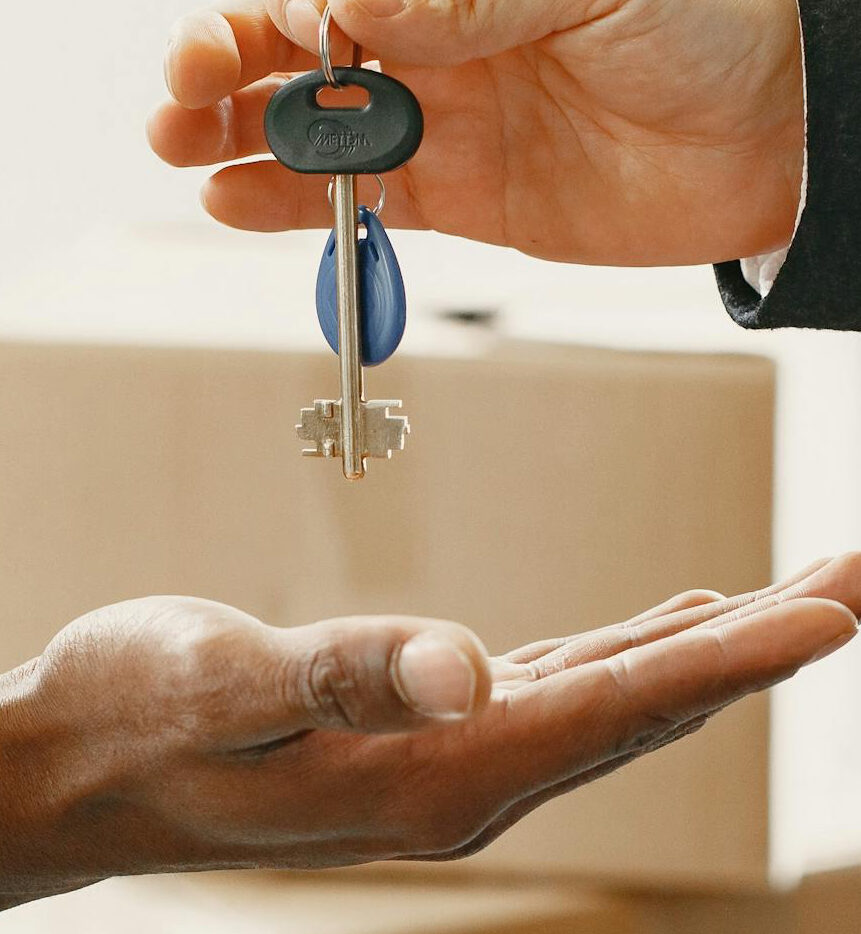All You Need to Know as a First Time Buyer
By Mark Carney. March 28, 2024.
Am I classed as a First Time Buyer?
The term First Time Buyer describes anyone who is planning to buy their first home, which is intended as a primary residence. Whilst it’s been notoriously difficult in recent years for a First Time Buyer to get a mortgage, knowledge and preparation can be key in securing a competitive offer and getting on the housing ladder.
Do I Need an Agreement in Principle?
Although not a requirement, an Agreement in Principle can be very beneficial to First Time Buyers. Put simply, an Agreement in Principle (AIP) is a conditional mortgage offer from a lender, prior to your full application. Obtaining an AIP prior to making a mortgage offer can help to convince the vendor that you’re a serious buyer. Some vendors can be reluctant to accept offers from a First Time Buyer, so this can increase the chance that your offer is considered and accepted.
How Much Can I Borrow as a First Time Buyer?
Being a First Time Buyer in itself shouldn’t impact the loan amount you are offered. As with other applicants, your loan is based upon your financial circumstances and credit score. Whilst the offers will vary from lender to lender, those with a higher income and stronger credit score will be offered higher value mortgages.
To get an idea of how much you might be offered, free mortgage calculators are available on most mortgage lenders, brokers and estate agents websites.
How Can Improving My Credit Score Help?
Your credit score has an impact on both the amount a lender is willing to offer you and whether or not they accept your application at all. It’s therefore essential to ensure you are aware of your credit rating prior to making an application. You should also take any possible steps to improve it, where necessary.
How to Improve Your Credit Score
- Make sure you appear on the electoral roll at your current address
- Ensure your current address is correct on all of your accounts
- If you have any current credit agreements, stay within 50% of your available credit amount
- Make full and timely payments on all accounts held in your name
- If you have a low score due to a lack of credit, special credit builder credit cards can be helpful
How Much Deposit Do I Need?
It’s not unusual for lenders to ask for a higher deposit from First Time Buyers. On a standard residential mortgage, you should expect to need a deposit of between 10% and 20% of the cost of the property you want to buy.
For those unable to meet higher deposit requirements, there are government schemes available which only require 5% deposit and are aimed at helping First Time Buyers get onto the property ladder.
What Help Is Available For First Time Buyers?
The shared ownership scheme makes it possible to buy a share of the property. As your mortgage only has to cover the portion you buy, both the deposit your monthly repayments are much more affordable. Bear in mind, however, that you will need to pay rent on the remaining share of the property.
For more information on the government-backed affordable homeownership options: https://www.gov.uk/affordable-home-ownership-schemes
What Fees Are Involved When Buying A Home?
Stamp Duty
Stamp duty is usually due on the purchase of any home. We recommend you check the following websites for up to date information on calculating how much you will need to pay.
https://www.gov.uk/stamp-duty-land-tax
https://www.moneyhelper.org.uk/en/homes/buying-a-home/everything-you-need-to-know-about-stamp-duty
Arrangement Fees
Mortgage lenders will ordinarily charge a fee for the arrangement of the mortgage. The amount varies from lender to lender and some offer no arrangement fees for those in certain jobs.
Valuation Fees
Mortgage lenders require that you have your chosen property independently valued, again, these fees will vary.
Legal Fees
There are a range of legal fees payable during the mortgage application process, such as conveyancing and local authority searches. You will need to appoint a solicitor to carry out these functions.
The fees noted above are provided as a guide to indicate the costs you are likely to incur when buying a property. All fees should be confirmed by your solicitor.
How can I Help First Time Buyers?
Buying your first home is a huge responsibility, with long lasting consequences. Obtaining the type of mortgage best suited to your needs can be challenging and most First Time Buyers will find using a qualified and experienced Mortgage Broker reassuring.
Mortgage Brokers have access to products not available on the high street and exclusive deals which enables them access to mortgage deals that you may not otherwise find. They can also advise you which lenders are most likely to accept your application before applying for a mortgage. This will save time, money and potential disappointment of a rejected application.
I hope you found it useful. If you have any questions, feel free to get in touch.
Your property may be repossessed if you do not keep up with your mortgage repayments.